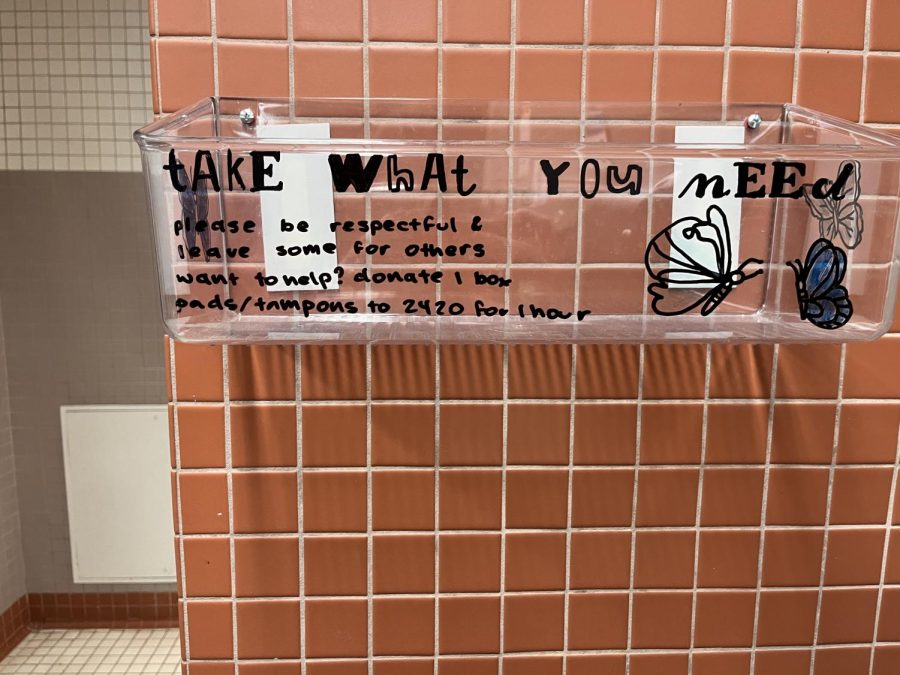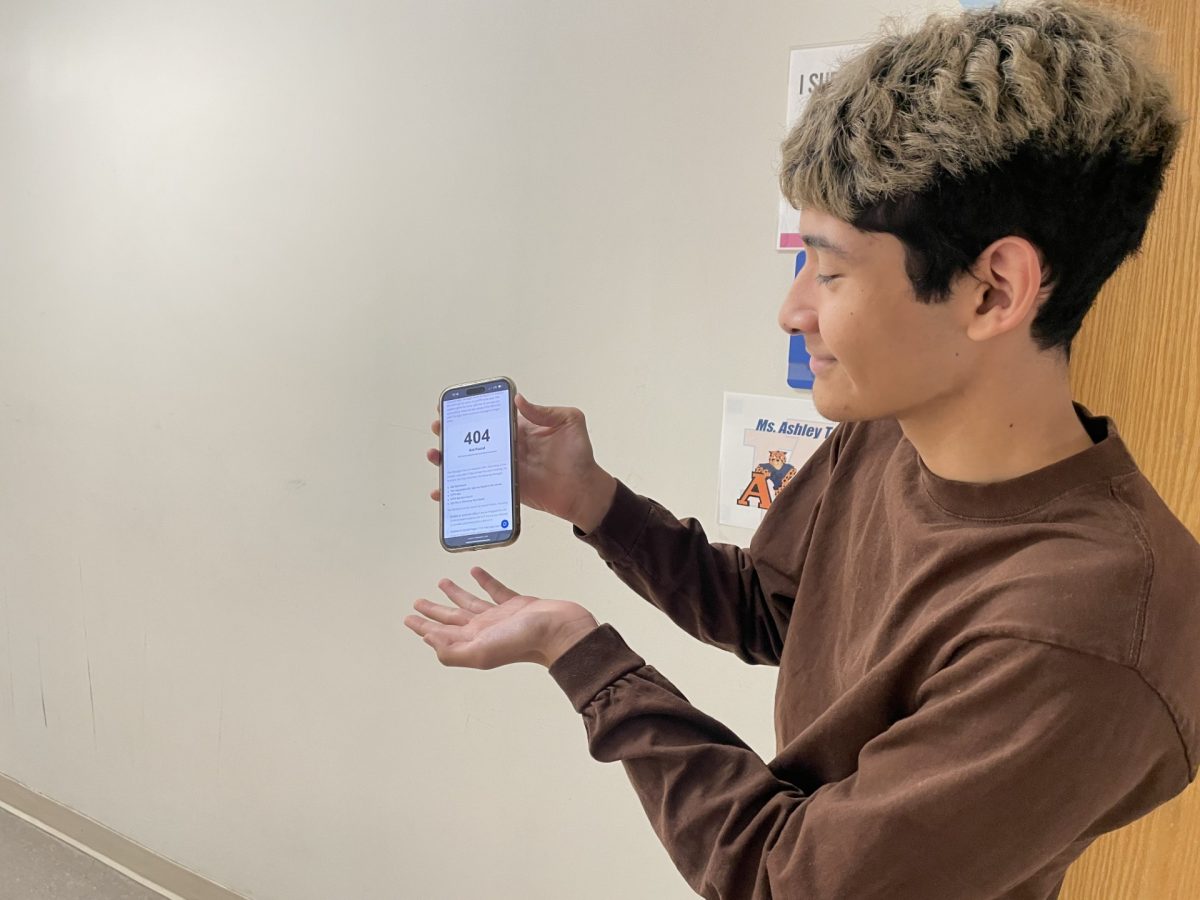
A woman receives a vaccine in her left shoulder muscle from her doctor.
Over the 2018-2019 flu season, 29 people have died from flu-related complications in North Carolina, four people total within the week of the sixteenth of January alone. In North Carolina, the flu season has not yet reached its peak and total levels of infectivity are beginning to rise. These levels are expected to continue to rise throughout the month of February and into March of 2019.
In the past fours years, the number of individuals impacted by the flu has increased dramatically, along with the number of deaths in each flu season. According to the Centers for Disease Control, the number of deaths in one week peaked at only nine deaths in the 2015-2016 flu season, compared to 32 deaths in the 2016-2017 season and 56 deaths during the 2017-2018 flu season peak. Though, so far, this flu season has been much less intense than the 2017-2018 flu season.
The last flu season had already begun to rise exponentially by Jan. 26 and currently the number of people being affected by the flu has only slightly diverged from its stable previous path. However, the numbers of positively identified cases of the flu are rising. This indicates that it is unlikely that the flu has reached its peak this season and that this flu season still has the possibility of getting significantly worse.
This means that people living in North Carolina are still free to get the flu and therefore, should be vigilant. Thankfully, there are many ways individuals have named tried and true for avoiding obtaining the flu around school and at home, teachers and students included.
“Whenever I feel like I am about to get sick, my parents make me put lemons on my feet and it is supposed to keep me from getting more sick. So far, I haven’t gotten the flu in five years,” said Nia Smith, junior.
There are many different tactics people swear can protect them from illness or that keep illnesses from progressing, but inside the school environment, there are some basic ways to avoid illness during the flu season.
These strategies include avoiding close contact with individuals, frequently washing hands and the practice of not touching the eyes, nose or mouth, during the flu season. Additionally, frequently using disinfecting wipes to clean surfaces and using hand sanitizers are ways to help decrease your chance of getting sick, and while the flu shot is usually not always one hundred percent effective, it provides individuals with a better chance or baseline, to avoid getting the flu.
“After school, I used to wipe down the tables and desks with disinfecting wipes,” said Nicole Goins, English teacher at Athens Drive.
In brief, the number of people getting sick with the flu will likely not reach its peak within the week of Feb. 9, therefore individuals may continue getting the flu in high numbers for the next few weeks. This means that in order to avoid getting sick, individuals should consider taking precautions until this flu season concludes.






